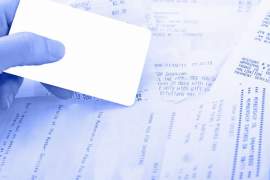
Understanding Return on Assets

Following an individual's death, his/her estate will be evaluated and an inventory of his/her assets will be established. This process is used to determine the total value of an individual's estate, and whether or not a tax return on assets that comprise the estate must be filed. All of an individual's assets are included in this evaluation, including any motor vehicles, real estate, personal property, and financial funds owned by the deceased individual.
If the total value of his/her estate exceeds a certain amount, he/she will be required to file a state tax return on assets. In some instances, a federal estate tax return will also be necessary. The estate will also be subject to estate tax, which can substantially reduce the amount of money that is inherited by an individual's surviving loved ones.
Another asset that is include in the estate evaluation is small businesses. If a deceased individual owned a small business, such as a family farm, it comprises a portion of his/her estate, and can therefore be subject to estate tax. State officials can analyze the business's assert turnover and use an asset turnover ration to determine the value of the company.
If a small business is present as an asset within an estate, the estate may lose a much larger portion of its assets due to taxation. There has been a significant amount of debate regarding the effect that estate tax has on farmers and small business owners. Though federal and state officials argue that the effect is minimal, individual's who inherit these businesses and who are subject to estate tax notice the impact.
NEXT: What are Fixed Assets





















